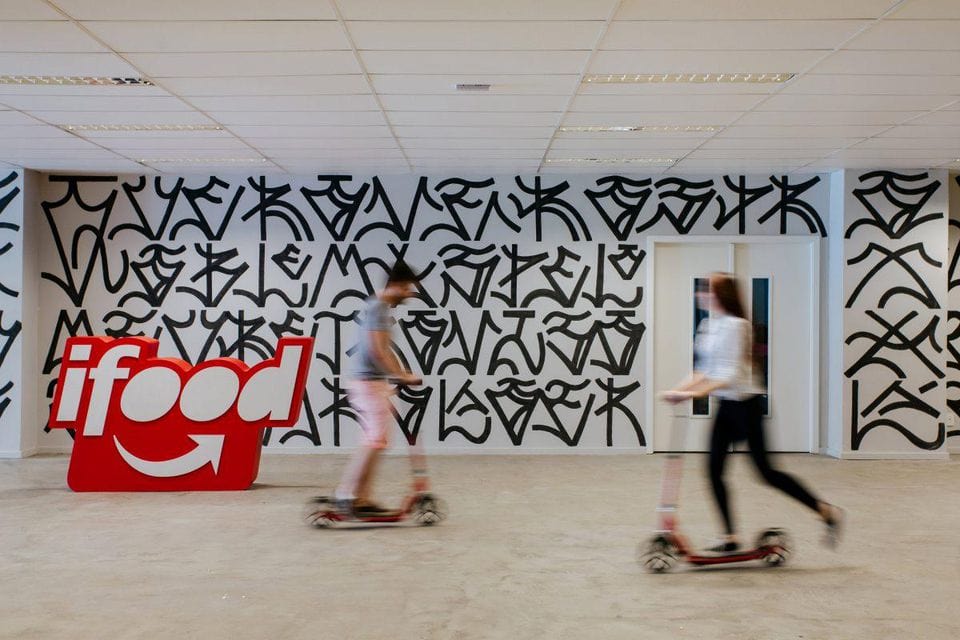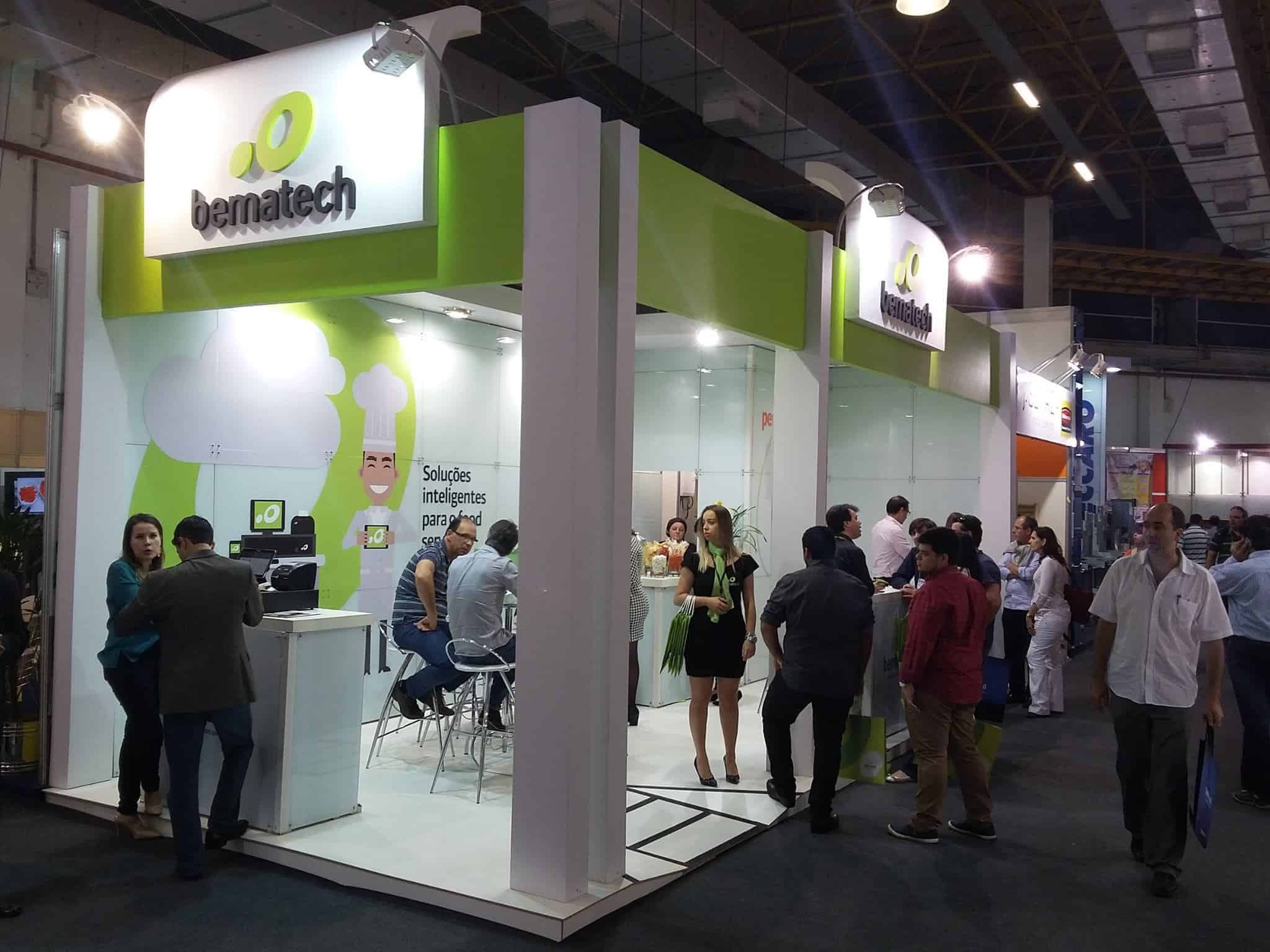Contxto – The Brazilian unicorn started testing new delivery models to improve logistics, costs, operations, and the overall number of orders.
In summary
To streamline its processes, iFood is evaluating other forms of transportation to better reach its 12.6 million active Brazilian users. Drones, robots, scooters and even fixed physical locations are some of the experiments the company may implement.
As a matter of fact, iFood recently partnered with Scoo, a Brazilian electric scooter rental startup. Many people have wanted to earn extra money delivering with iFood. Since they didn’t know how to ride a motorcycle, though, they couldn’t. This scooter alternative might be the perfect solution for that issue.
In-Depth
As of this week, over 150 deliverers around Avenida Paulista and Vila Olímpia in São Paulo used scooters to drop off packages. By the end of the year, iFood aims to have about 1,000 scooters running in São Paulo and Campinas.
Scoo’s bet is going for corporate partnerships instead of marketing directly to consumers. This is understandable due to Grin’s and Yellow’s relentless pursuit of market shares.
On average, the monthly fee for renting these scooters is R$100. For those who can’t afford that, iFood will subsidize part of the initial cost to encourage more drivers.
iFood is also looking at other alternatives such as the iFood Box (or drawer) inspired by Amazon. More than 50 U.S. cities have implemented this new delivery technique for groceries as well as meals.
“This is somewhat disruptive for Brazil,” says Sérgio Molinari, director of the consulting firm specialized in Food Consulting. “It also improves overall logistics because it reduces the delivery time and allows several orders to be made at the same time.”
The idea is to have cabinets in public areas such as parks, airports and universities. Another possibility is that restaurants will have their own lockers for pick up orders, which will cut down queues and shipping costs.
Although iFood is contemplating other alternatives such as robots and drones, those may have to be put on hold because of government regulations. iFood has already tested drone delivery back during a carnival, under strict control. At the same time, it was also evaluating other options such as Kiwi-like autonomous robots.
To be viable, however, both need government regulation.
-VC






